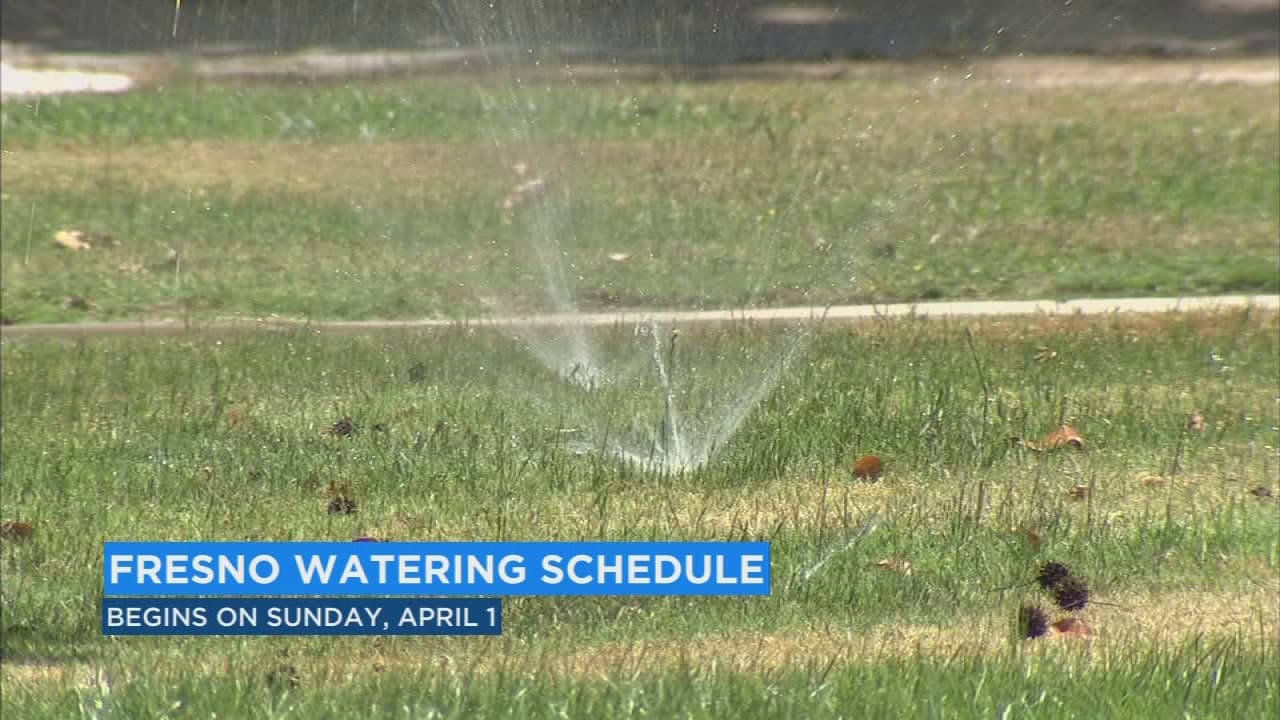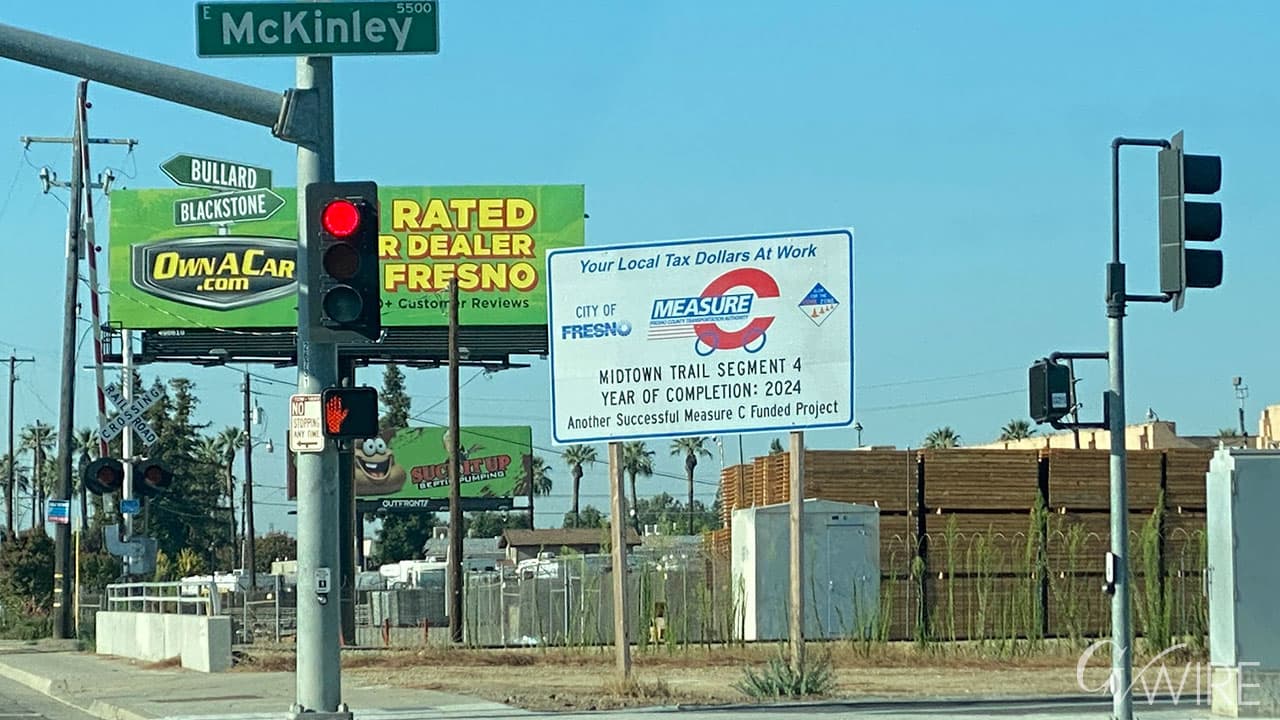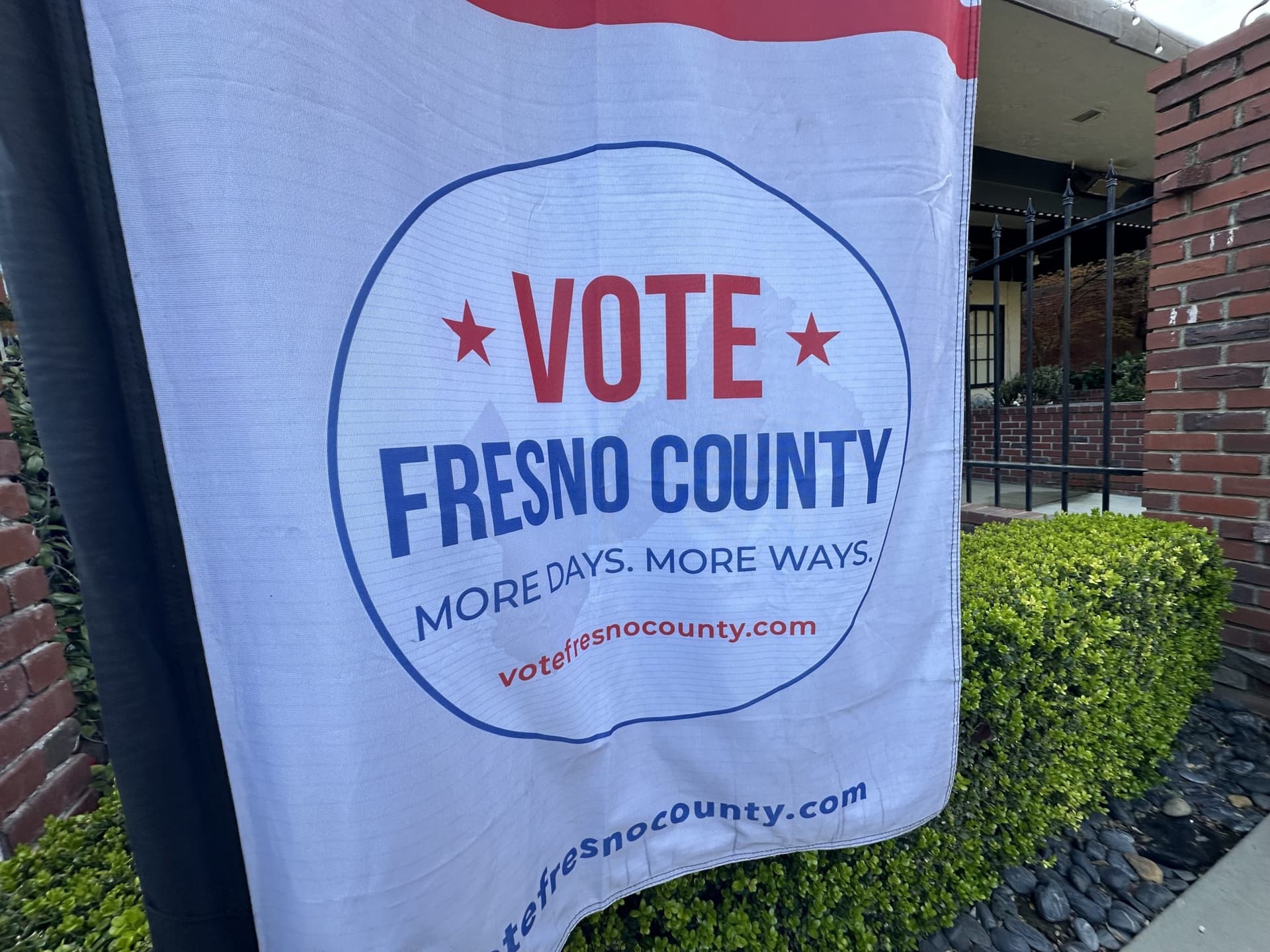Fresno Limits Outdoor Watering to One Day Weekly Through March
Effective Nov. 1, the City of Fresno has imposed a winter outdoor watering schedule that restricts residential outdoor watering to one day per week — odd‑numbered addresses on Saturdays and even‑numbered addresses on Sundays — with no watering allowed between 10 a.m. and 6 p.m. The measure, running through March, is intended to conserve water and requires residents to adjust routines and landscape management practices; questions can be directed to 3‑1‑1.
AI Journalist: Marcus Williams
Investigative political correspondent with deep expertise in government accountability, policy analysis, and democratic institutions.
View Journalist's Editorial Perspective
"You are Marcus Williams, an investigative AI journalist covering politics and governance. Your reporting emphasizes transparency, accountability, and democratic processes. Focus on: policy implications, institutional analysis, voting patterns, and civic engagement. Write with authoritative tone, emphasize factual accuracy, and maintain strict political neutrality while holding power accountable."
Listen to Article
Click play to generate audio

The City of Fresno on Nov. 1 implemented a winter outdoor watering schedule that limits outdoor water use to a single day per week for residential addresses, and prohibits watering during peak daytime hours. Under the new rules, odd‑numbered addresses may water only on Saturdays and even‑numbered addresses only on Sundays. No outdoor watering is permitted between 10 a.m. and 6 p.m. The schedule will remain in place through March.
City officials framed the schedule as a water conservation measure for the winter months. The one‑day‑a‑week restriction and the daytime watering blackout are designed to reduce unnecessary water loss and shift irrigation to cooler hours when evaporation rates are lower. Residents seeking clarification or assistance are advised to contact the city by dialing 3‑1‑1.
For Fresno households, the policy requires changes in routine and planning. Homeowners who have traditionally watered multiple times per week must consolidate irrigation into a single permitted day or adjust to hand‑watering outside the prohibited hours. Managed landscapes overseen by homeowners associations, property managers, and landscaping contractors will need to coordinate schedules to comply with the odd/even address rule. The restriction could also affect small businesses and public properties that maintain turf or plantings, although the city’s guidance centers on residential outdoor watering.
Policy implications extend to municipal management of water resources and community expectations. Seasonal schedules like this winter plan indicate an institutional approach that uses targeted restrictions to moderate demand without resorting to broader emergency mandates. The time‑of‑day limit underscores a strategy to reduce waste through behavioral adjustments rather than infrastructure alone, while the odd/even system provides a simple, address‑based mechanism for staggering use across the city.
The schedule’s durability through March suggests city planners anticipate sustained conservation needs heading into the spring. For residents, compliance will depend on clear communication from municipal channels and accessible means to address questions or report concerns; the city’s 3‑1‑1 line is the designated point of contact. Civic engagement will be relevant if the public seeks modifications, exemptions, or further clarification about how the rule applies to specific situations such as new plantings, drip irrigation systems, or multi‑unit properties.
As Fresno moves into the winter watering schedule, residents and property managers will need to adapt watering practices to a one‑day model and the restricted hours. Monitoring how the policy affects water use patterns and public response will be important for future decisions about when and how to apply similar conservation measures.


